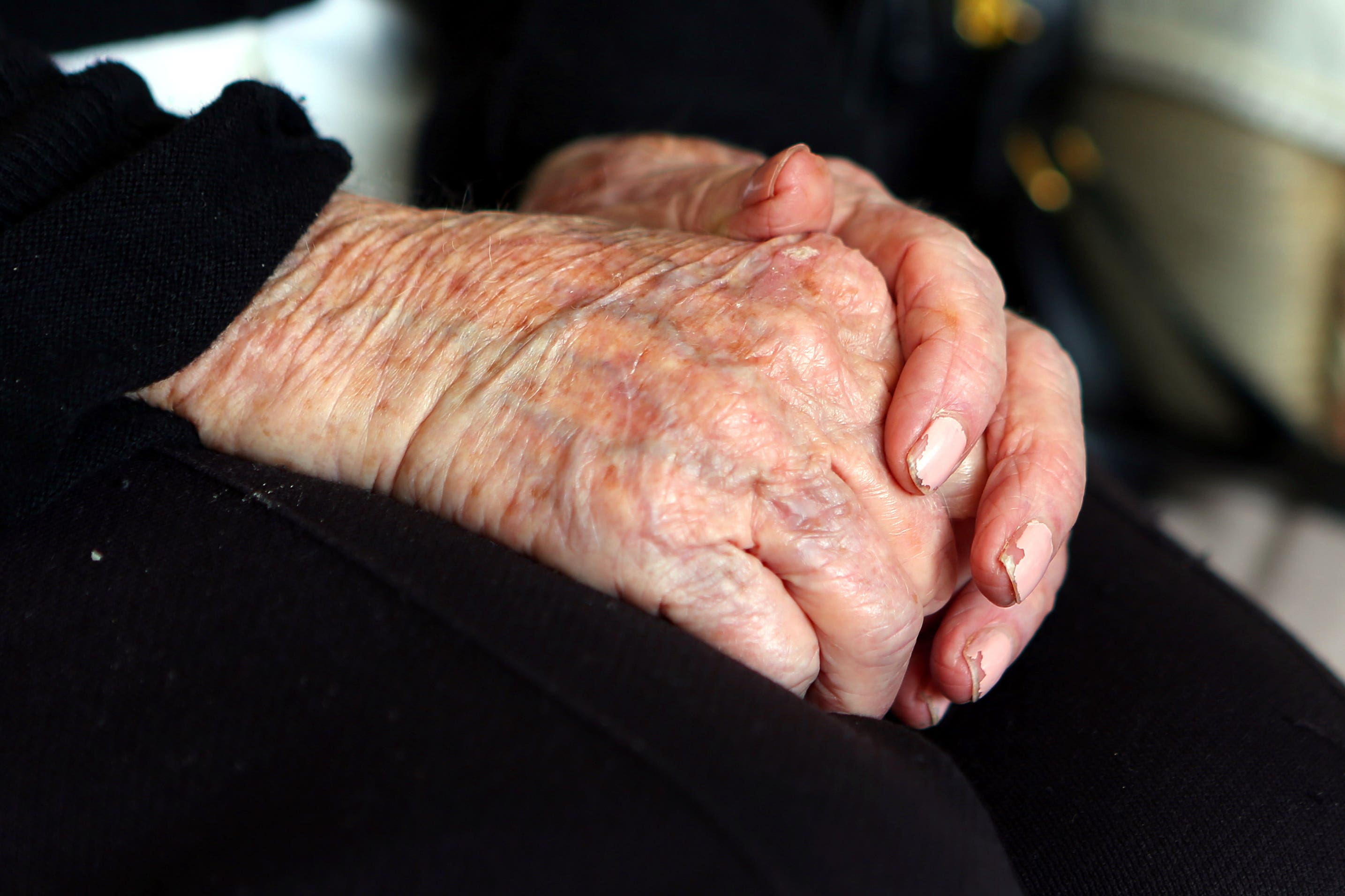Pandemic exposed systemic ageism in society, says head of new centre on ageing
Many seniors faced discrimination and a lack of sympathy, Professor Paul Townsend said.

Your support helps us to tell the story
From reproductive rights to climate change to Big Tech, The Independent is on the ground when the story is developing. Whether it's investigating the financials of Elon Musk's pro-Trump PAC or producing our latest documentary, 'The A Word', which shines a light on the American women fighting for reproductive rights, we know how important it is to parse out the facts from the messaging.
At such a critical moment in US history, we need reporters on the ground. Your donation allows us to keep sending journalists to speak to both sides of the story.
The Independent is trusted by Americans across the entire political spectrum. And unlike many other quality news outlets, we choose not to lock Americans out of our reporting and analysis with paywalls. We believe quality journalism should be available to everyone, paid for by those who can afford it.
Your support makes all the difference.A new centre of excellence aims to help older people benefit from research and advances in science after the pandemic exposed the “systemic ageism” in society.
Many older people faced discrimination and a lack of sympathy during that period, the director of the new centre at the University of Surrey said as it was formally launched this week.
Professor Paul Townsend said the centre is part of a worldwide movement recognising the need for a better understanding of the ageing process.
He said: “The pandemic exposed the systemic ageism that is prevalent throughout our society, with many seniors facing discrimination and a lack of sympathy.
“This new centre is dedicated to helping older people to benefit from the latest research and greatest advances in science today. They should receive the respect, care and quality of life that they deserve.”
He said the centre will focus on “processes ranging from preconception through to appreciating the treatment of our elderly population”, as he noted the effects on older people stuck in care homes unable to see loved ones for long periods of time due to pandemic restrictions.
The centre will work in partnership with the Global Initiative on Ageing (GIA), which is supported by the United Nations.
Its work will build on research in areas including sleep quality for people with dementia and better inclusion of older people in the tourism and hospitality sector, according to university president and vice-chancellor Professor Max Lu.
The new Centre of Excellence for Ageing will serve to amplify these efforts, allowing us to understand more and provide genuine solutions that help to enrich the lives of our elderly relatives, friends, and fellow citizens while safeguarding their rights
He said: “The Surrey community is deeply passionate about improving the standard of wellbeing for our elderly population – this is evidenced in our internationally-recognised research activities in areas such as improving the quality of sleep of individuals living with dementia, improving inclusion of the elderly population in the tourism and hospitality sector, and investigating the mechanisms underlying osteoarthritis and finding ways to treat it.
“The new Centre of Excellence for Ageing will serve to amplify these efforts, allowing us to understand more and provide genuine solutions that help to enrich the lives of our elderly relatives, friends, and fellow citizens while safeguarding their rights.”